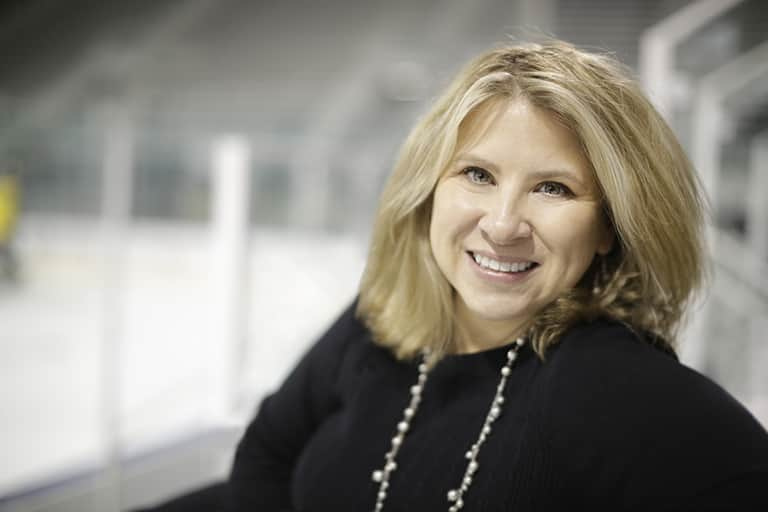The gravity of the moment hit me, a few seconds after I walked into the dramatic grand main hall of the University of Zurich’s Student Union. It was the first week of December 2015, and I was far from Michigan State University and my sports journalism students.
My new life, for a week, was about serving as a Jacobs Foundation Neuroscience Journalism Fellow and zipping around Zurich to different labs and offices for private meetings with groundbreaking researchers. I was the first sports journalist in the world awarded the prestigious Fellowship honor, given to journalists engaged in significant coverage of neuroscience.
I was nervous as I walked into the University of Zurich, as the other four Fellows – two Americans and two Brits – were all involved in award-winning scientific and medical journalism. I was the wild card, the American sports journalist/college prof who covers concussions and sports neurology as a specialty for NPR and The New York Times. It soon became clear that not only was I warmly welcomed by the professors, doctors and fellow journalists, it turned out they were extremely intrigued by my world of sports and neurology.
My upcoming book, “Back in the Game: Why Concussion Doesn’t Have to End Your Athletic Career,” co-authored with noted sports neurologist Jeffrey Kutcher MD, talks to youth parents, coaches and athletes about brain health. We’ve spent more than three years researching and writing the book, and can’t wait for it to be released by Oxford University Press on September 1, 2016.
The impact of concussions is changing the way we play and think about sports. This led me to that incredible week in Switzerland, representing Michigan State as a proud sports journalist. I learned a lot about neurological development and saw how cutting-edge technologies are revealing the brain’s secrets. I have taken that knowledge back to my Michigan State students and my journalistic endeavors.
The power of journalism, present every day in what we teach at the MSU School of Journalism, is also demonstrated in how we lead the public discussion of sports neurology. I wove in some neuroscience into the spring 2016 semester of our senior-level sports journalism class, as well as into the frequent public speaking I do on concussions and sports.
Concussions aren’t going away in sports, but having a better-informed discussion – hopefully led by Spartan journalists – will go a long way to helping all of us be safer in athletics.
